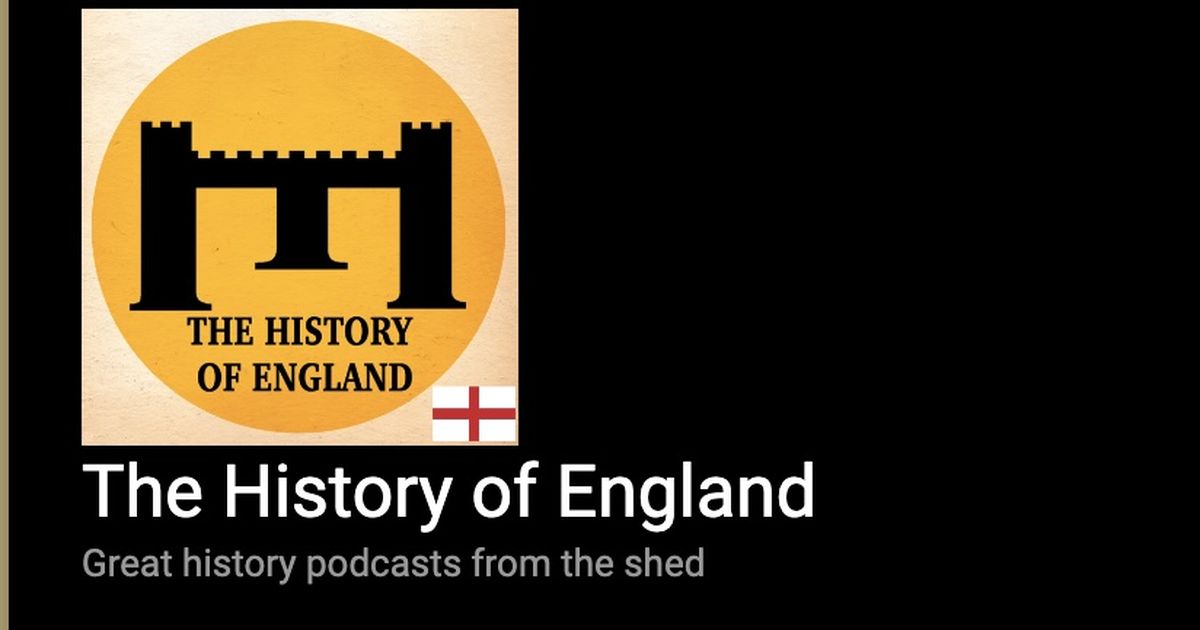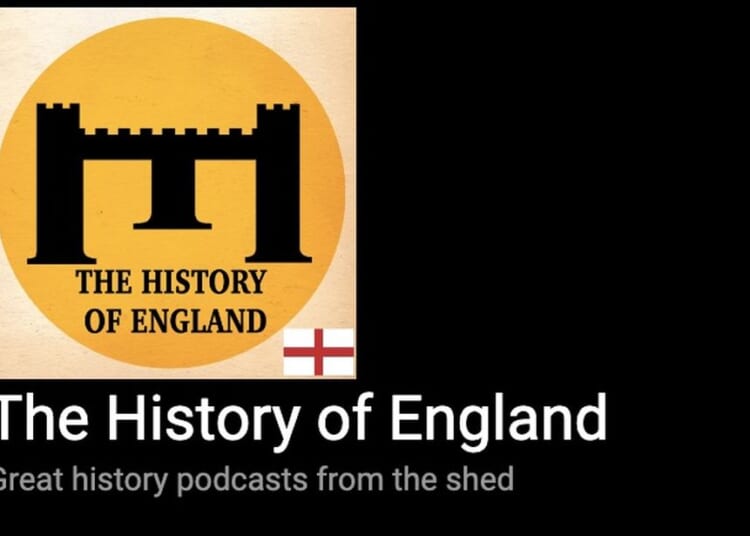
Growing up, I learned very little history.
I suspect this is a failing of the American education system. Even in college–I went to an elite private liberal arts college–I wasn’t required to study any history, and I was under the misimpression that history was learning the names and dates of various monarchs and the wars they fought.
I did have a decent understanding of 20th-century history, mostly because I was interested in politics, and knowledge of modern history is a prerequisite for understanding anything about current politics. I learned it mainly through my own reading.
Over the past couple of decades, I have been trying to fill in the gaps in my knowledge.
I have been doing so through various podcasts. There are several superb history podcasts out there, and I will recommend a few in the coming months.
One interesting thing I have noticed is that the best podcasts I have enjoyed listening to have been done by autodidacts, not history professors. It’s not that history professors can’t be interesting, but laymen who are obsessed with history and who choose to share it often make better storytellers because their interest in the events isn’t contaminated by the specialist syndrome, by which I mean the immersion in academic theories and the minutia of things only of interest to specialists in their profession.
One of my favorite history podcasts is David Crowther’s The History of England. As with many layman’s podcasts, it begins a little rough and then hits its stride after a dozen or two episodes. The sound quality improves, the stories flow more smoothly, and the pictures being painted become crisper and more engaging.
Crowther’s attention to historical details and the controversies in academic history is impressive but unlike academics, he shares the layman’s sense of what makes history interesting to us. The people, the personalities, the trends, and how events flow from each other and turn into a story that eventually leads to things as they are now.
Not that he is anywhere near to telling the story of now. After nearly 400 episodes, he has still only reached the mid-17th century. Lest you think that the commitment is too great to be worth it, know that Crowther is, among other things, very funny. That makes each episode a joy to listen to, not some dry recitation of the events and issues that dominate a time.
I don’t obsess about the names and dates because what interests me is how events were shaped and the way things flowed from one set of conditions to the next.
Why do I invest so much time in English history? To me the answer is obvious: American history flows naturally from that of the English. As you may have noticed, I often speak of the Anglosphere and Anglo-American history, and I believe that the current American era is, in many ways, an extension of the British Empire’s influence on the world. The British Navy gracefully handed control of the seas to America after World War II.
Because I believe this, I believe understanding the evolution of Britain’s political ideas is necessary to understanding American ideals. American politics is built on the ideals of the Scottish Enlightenment, so not strictly English history, But as you know the border between Scotland and England was constantly changing for centuries with Edinburg part of England at times, and the Crowns unified centuries ago. As you learn in The History of England, the Scots and the English have histories bound together for a millennium.
Another thing you learn is just how complicated and bizarre the history of the British Isles is. When I thought of England in my youth, I just thought of “the English.” But of course, the English are Celtic, Roman, Germanic, Viking, and more. While not quite as “multicultural” as America, you can see how and why Americans are more comfortable with integrating immigrants than many cultures.
My interest in history is hardly limited to Anglo-American history, and I will share some other podcasts over the coming months. But I have gained a new perspective on modern America and American political ideas through Crowther’s podcast.
Highly recommended.

